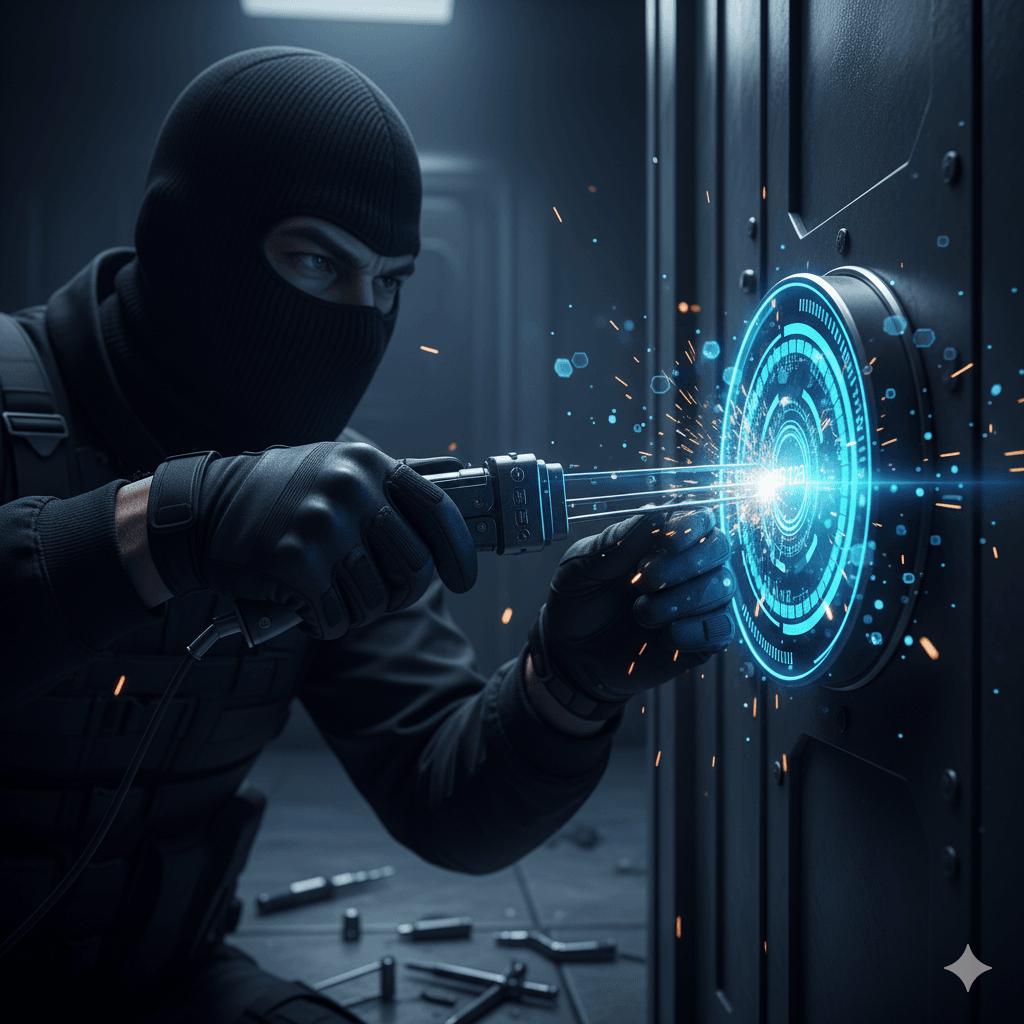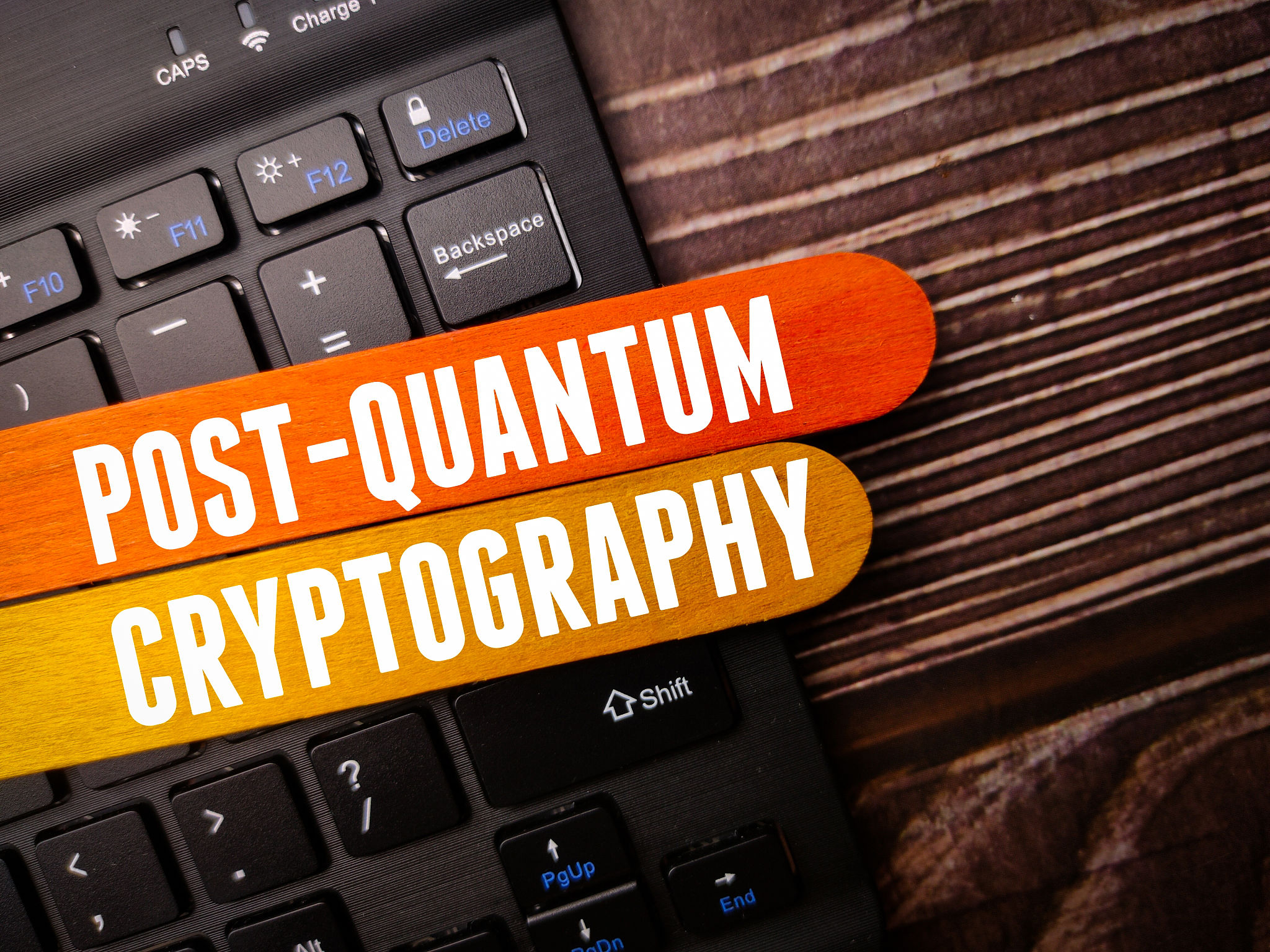Quantum Computers Are Coming for Your Secrets: Here's How to Stay Ready
Most people think encryption is just a nerdy tech term. But what if the systems protecting your money, files, photos, and business could soon be cracked open like an egg at brunch? That’s not fear-mongering; it’s the future quantum computing is bringing to weak encryption.
Let’s make this plain and actionable.

What Encryption Really Is
Think of encryption as a safe. When you lock something inside with a combination, only someone who knows that code can open it.
Most modern systems rely on two main versions:
AES 128 (fast, reliable, but smaller protection)
AES 256 (stronger, future-ready)
Right now, both are solid. Even the best supercomputers can’t break AES 128 before the sun burns out. However, quantum computers operate according to new rules.
The Quantum Problem
Quantum computers aren’t just faster; they think differently.
Your laptop checks one possibility at a time. A quantum machine evaluates millions simultaneously. Tasks that used to take centuries could soon take minutes.

That means AES 128 could go from being an unbreakable vault to a cheap locker. AES 256, though, remains strong enough for the foreseeable future. If you’re using anything less than AES 256, it’s time to level up.
Where AES 128 Still Hides
You’re probably using it without realizing it. It’s embedded in:
Wi-Fi routers and home networks
Older banking and payment apps
Cloud storage (like Dropbox and Google Drive)
Password managers and VPNs
Smart home devices
Once quantum tools become accessible, AES 128 will fail fast. Your conversations, files, and credentials could all be exposed.
Your Quantum Survival Plan
Here’s how to prepare before the threat becomes real.
1. Audit Your Security
Check your VPNs, encryption apps, and cloud platforms. If you see AES 128, switch to AES 256.
2. Upgrade Everything to AES 256
Most modern software supports it. Look in your security settings for “AES 256-bit.” This should now be your minimum.
3. Encrypt and Back Up Properly
Don’t just save files to a USB stick or cloud folder. Use VeraCrypt or BitLocker with AES 256 encryption.
4. Keep Software Updated
Older programs might not support post-quantum encryption. Companies like Microsoft and Cloudflare are already testing new protocols; therefore, consider updating or replacing outdated tools.
5. Enable Two-Factor Authentication
Even if encryption fails, this adds a layer of security.
6. Learn About Post-Quantum Encryption
Soon you’ll hear about algorithms like Kyber, Dilithium, and Falcon. These are the next generation of security that can withstand quantum-level attacks.

What It Costs to Become Quantum-Safe Predictions
The good news is that you don’t need millions of dollars or a cybersecurity team. Most individuals or small businesses can harden their systems for under $10,000 one-time, or a few hundred per month with managed help.
For example:
A creative professional can secure devices, drives, and cloud backups for about a $3,000 setup or $300 per month.
A small medical or finance office can implement full AES-256 encryption and private VPNs for $5,000–$10,000.
A publisher or agency can secure storage, websites, and client file transfers for around $5,000 setup.
This is the cost of staying one step ahead of a threat that could wipe out your digital privacy in a single breakthrough.
What Actually Gets Protected
When you upgrade to AES 256 and start planning for quantum security, you’re protecting:
Your laptop or desktop with full-disk encryption
Your NAS or shared drives are using AES 256 volume encryption
Your website with post-quantum TLS
Your cloud storage with client-side encryption
Your email and chat messages use hybrid post-quantum keys
Your backups using AES 256 re-encryption
Every one of these layers reduces your exposure dramatically.
Why This Matters Now
There’s a phrase in cybersecurity called “harvest now, decrypt later.” Hackers are already collecting encrypted data today, knowing they’ll be able to unlock it once quantum tools mature.
That means your past uploads, emails, and contracts could be tomorrow’s headlines.
Once quantum computing becomes mainstream, it’ll be too late to react.

The Bottom Line
Quantum computing isn’t science fiction; it’s already reshaping how governments, banks, and major tech firms think about security.
AES 128 belongs to the past. AES 256 is the present. Post-quantum encryption is the future.
You don’t need to be a millionaire or a cybersecurity engineer to prepare. You just need to act before the window closes.
Implement AES 256 now. Learn about post-quantum tools. And make sure the data you value most won’t be the first thing exposed when the future arrives.